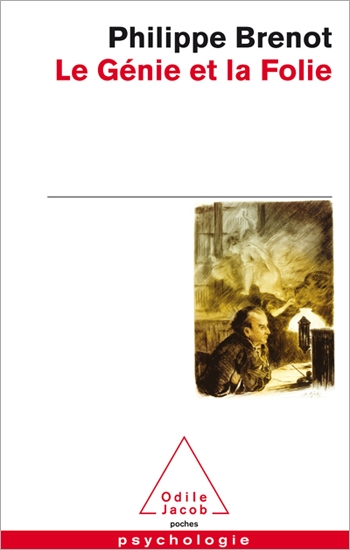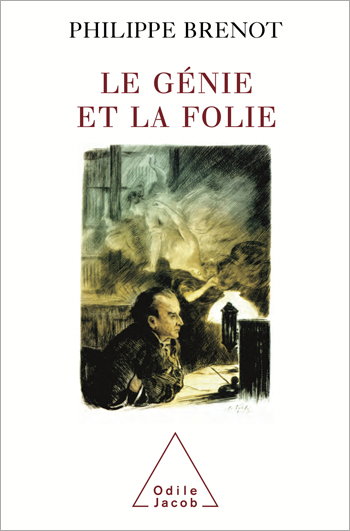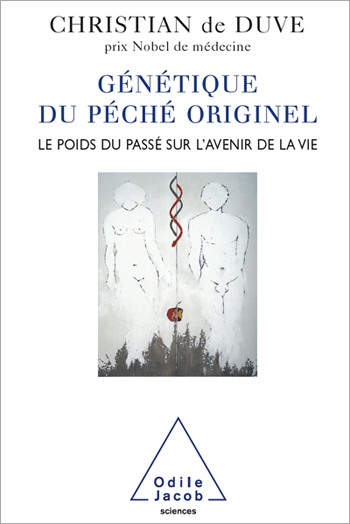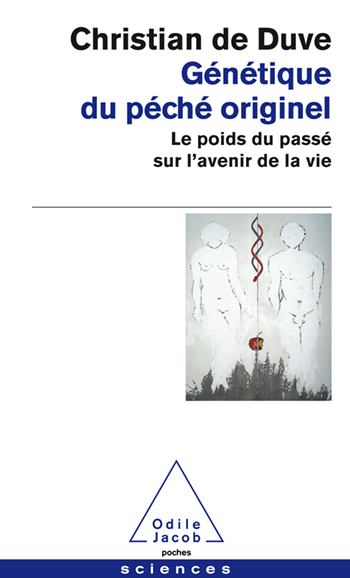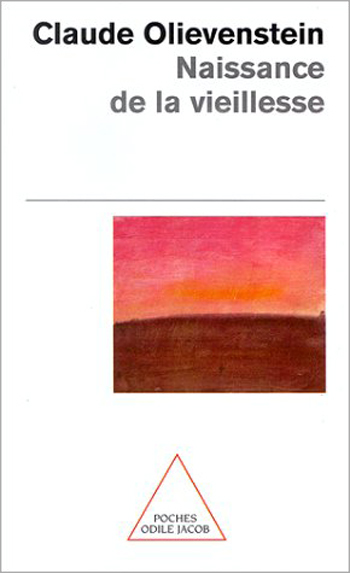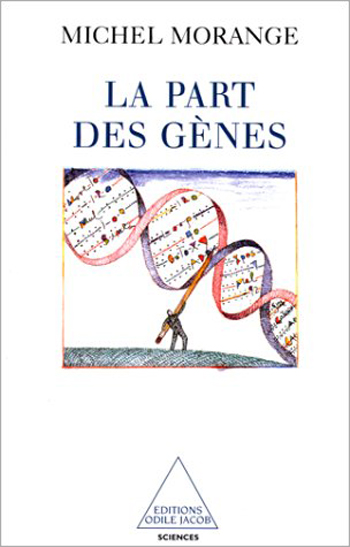Catalog All books
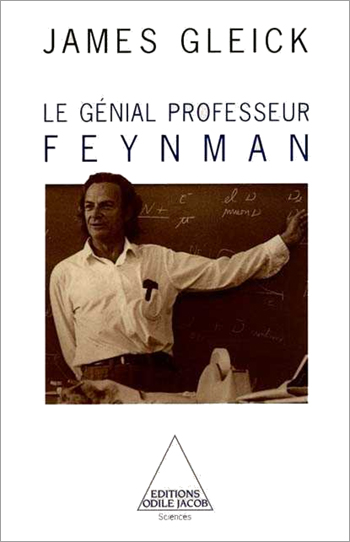
James Gleick
Genius: Richard Feynman and Modern Physics
Richard Feynman, Nobel Prize winner for his work on the description and calculation of interactions between particles, was a genius of our time. Quantum physics theoretician, enfant terrible of the Manhattan project and ascerbic critic of the investigative committee of the American space shuttle, Feynman left a profound impression on modern physics. James Gleick, a former journalist at The New York Times and author of the best-selling Chaos Theory, tells how Feynman's ideas were formed and how he reinvented particle physics. Through this portrait, Gleick explores the nature of genius itself and provides insight about the fascination that it engenders.

Annick Perrot, Maxime Schwartz
The Genius of Pasteur: Saving the ‘Poilus’
How Pasteur and his followers saved lives and changed the course of the war in 1914-1918
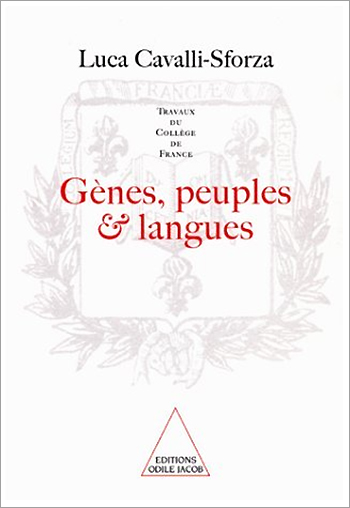
Luca Cavalli-Sforza
Genes, People and Languages (Work of the Collège de France)
How is culture passed on ? Is it possible to reconstruct the history of the evolution of the human species using genetic information from existing populations ?

Étienne-Émile Baulieu
The Generation of the Pill
After meeting Gregory Pincus, the inventor of the pill, E. Baulieu, a young researcher and hormone specialist, found himself at the heart of one of society s most burning controversies: contraception. This is his story; his own contribution to contraception, RU 486, the first contragestive pill, and his reflections on the ethical debate it provoked.
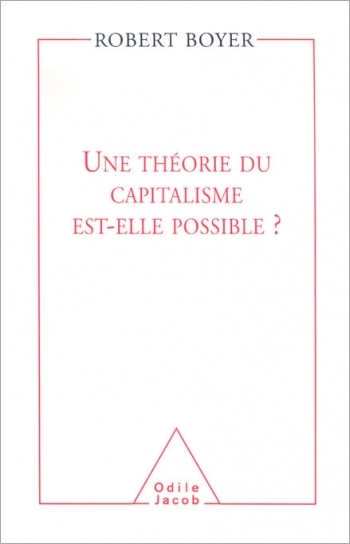
Robert Boyer
General Theory of Capitalism is it possible?
Robert Boyer is a leading figure of the regulationist school of economics, which believes that capitalism requires external, political, monetary and social regulations, and that the capitalist economy cannot be reduced to the self-regulating laws of the market. In this book, he proposes a general theory of capitalism, from two angles. First of all, he argues that there are several models of capitalism - not just one. America's ultra-liberal capitalism is unlike German capitalism, which is characterised by the fusion between banks and businesses, just as it is unlike French state-interventionist capitalism and Japan's capitalism of consensus. Secondly, in order to understand how capitalism works, every aspect has to be considered - not just the market but also political and social institutions (the State, central banks, unions, etc.) and the conventions they create among themselves (salary agreements, etc.). Robert Boyer is a research fellow at the Centre National de la Recherche Scientifique, a director of studies at the Ecole des Haute Etudes en Sciences Sociales and a member of the French prime minister's Council for Economic Analysis.
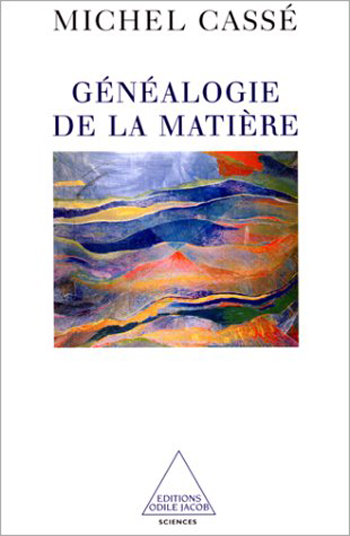
Michel Cassé
The Genealogy of Matter
Atoms originate in the stars. There is no real separation between the Earth and the sky, and matter forms one great whole, based on a series of nuclear reactions. Written in a lyrical, poetic style, this is a concise, clearly illustrated account of the birth of matter, aimed at the general reader. Michel Cassé is an astrophysicist and researcher at the CEA and the Institut Astrophysique, in Paris. He is the author of Du Vide et de la Création and La Petite Etoile.


